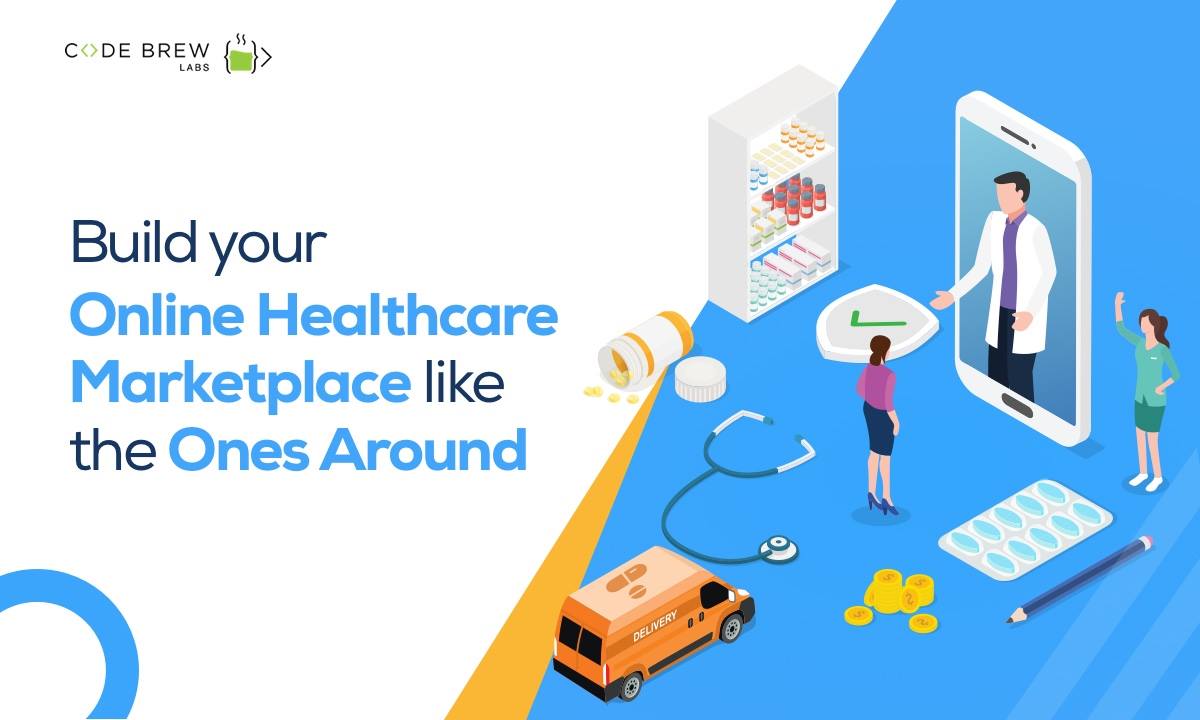Navigating the Future of Medication With Subscription-Based Medical Care Solutions
As the health care sector develops, subscription-based solutions arise as a critical design promising to improve person care distribution. The answers to these inquiries can basically change our approach to healthcare.
Rise of Membership Healthcare
As healthcare systems around the globe face enhancing pressures from increasing prices and demand for services, the advent of subscription-based healthcare models has become a transformative fad. This innovative technique is interrupting conventional medical care shipment by providing a foreseeable, flat-rate repayment framework for medical solutions. Rooted in the principles of attendant medicine, subscription-based medical care allows carriers to concentrate on individualized client care while concurrently managing operational efficiencies.
The enhancing consumer need for transparency and predictability in healthcare costs has driven the shift towards this design. Subscription-based solutions frequently provide straight access to healthcare specialists, which can reduce the administrative problems connected with insurance coverage cases and compensations.
This model is gaining traction among varied medical care service providers, from primary treatment doctors to specialized clinics, by aligning economic motivations with preventative and continual treatment. By changing the emphasis from volume to value-based treatment, subscription healthcare has the possible to reshape the landscape, promoting an extra lasting and patient-centered approach to health and wellness management.
Advantages for Individuals

Furthermore, subscription-based services typically stress preventative treatment, urging normal exams and wellness testings. This positive technique can cause early detection of health issues, potentially boosting end results and lowering lasting medical care expenses for individuals. Moreover, such designs usually provide transparent rates, permitting individuals to much better understand their healthcare expenditures and stay clear of unforeseen medical bills.
The personalized nature of subscription-based health care additionally enhances individual experience. Patients can get customized medical care plans that fit their certain demands, fostering a much more patient-centric strategy.
Technology's Role in Improvement

Expert system (AI) plays a vital duty in anticipating analytics, helping in early diagnosis and tailored therapy strategies. AI algorithms examine large datasets to determine patterns that may be ignored by human observation, thus boosting scientific decision-making. Moreover, electronic health documents (EHRs) enhance client information monitoring, making certain continuity and coherence of treatment across various solutions and companies.
Blockchain technology boosts data protection and privacy, crucial check out this site for keeping client count on digital systems. It allows clear and protected purchases of medical information, ensuring that sensitive details remains safeguarded. With the integration of maker learning and AI, blockchain can automate complicated medical care processes, minimizing management concerns.
Considerations and difficulties
While technology moves the capabilities of subscription-based healthcare services, it additionally introduces a set of difficulties and considerations that should be dealt with to make sure successful application. One considerable challenge is the equitable accessibility of these services.
Information personal privacy and protection stand for one more vital consideration. Subscription-based services frequently entail the collection and storage space of substantial quantities of personal health details. Carriers have to stick to strict data defense laws to preserve client trust and protect against unapproved access, which could bring about considerable ethical and lawful consequences.
Additionally, the sustainability of registration designs positions an obstacle. As health care needs advance, preserving a cost-effective equilibrium in between subscription charges and service top quality is important to prevent individual discontentment and attrition. Integrating these services within typical health care systems calls for seamless interoperability in between systems, which is typically a facility and resource-intensive endeavor. Attending to these challenges view it now is necessary as subscription-based healthcare services proceed to broaden and advance.
Future Implications for Medicine
Subscription-based healthcare solutions are positioned to significantly affect the future landscape of medication by improving exactly how treatment is accessed and provided. These designs provide the potential to democratize medical care accessibility, giving people with even more tailored and prompt interventions. By leveraging technology, such as telemedicine and information analytics, registration services can help with continuous surveillance and customized health and wellness management, thus boosting results and decreasing the burden on typical medical care systems.
As these services gain grip, they might promote a change in the direction of preventative care, stressing the value of early discovery and monitoring of chronic conditions. This aggressive method might eventually decrease medical care expenses by mitigating the demand for expensive therapies occurring from late-stage disease administration. Additionally, registration designs supply a scalable option to address variations in healthcare gain access to, particularly in country or underserved populations.
Nonetheless, the transition towards subscription-based versions necessitates attending to moral and governing factors to consider, including data personal privacy and fair access. As the sector evolves, collective initiatives in between policymakers, technology designers, and health care providers will be vital to developing robust frameworks that secure person passions while fostering development. Eventually, these solutions assure to add significantly to a more efficient, patient-centered health care environment.

Verdict
Subscription-based health care services represent a significant advancement in the clinical area, providing predictable prices and individualized treatment that improve accessibility and focus on preventative procedures. As the health care landscape evolves, subscription versions are poised to play an essential role in forming the future of medicine.
As the healthcare sector develops, subscription-based services arise as an essential model assuring to reshape individual care shipment.As medical care systems around the globe face enhancing stress from increasing costs and need for services, the advent of subscription-based health care models has actually emerged as a transformative fad (subscription based healthcare).With the increase of subscription-based healthcare designs reshaping standard healthcare distribution, clients are starting here to experience significant advantages from this innovative technique. As healthcare requires evolve, preserving a cost-effective equilibrium between membership fees and service top quality is important to protect against client frustration and attrition.Subscription-based healthcare services are positioned to considerably affect the future landscape of medication by reshaping exactly how treatment is accessed and delivered